Description
Familiarity with treatment
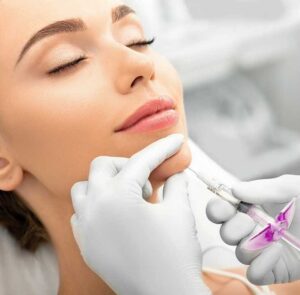 Filler injection is a cosmetic procedure performed by medical professionals to enhance facial features or reduce the appearance of wrinkles and fine lines. The procedure involves injecting a gel-like substance into the target area to add volume or smooth out lines.
Filler injection is a cosmetic procedure performed by medical professionals to enhance facial features or reduce the appearance of wrinkles and fine lines. The procedure involves injecting a gel-like substance into the target area to add volume or smooth out lines.- hyaluronic acid
- polylactic acid
- or calcium hydroxylapatite
The procedure is minimally invasive and relatively quick, with most patients experiencing little to no downtime. However, possible side effects include bruising, swelling, and temporary numbness.
Patients are advised to choose a skilled and experienced medical professional to perform this procedure and follow post-treatment care instructions to ensure optimal results. Overall, filler injection can be an effective option for those seeking to enhance their facial appearance.
Who is it suitable for?
Filler injection is suitable for individuals who wish to improve the appearance of their face by adding volume to specific areas or smoothing out wrinkles and fine lines.
It is commonly used by people who have lost fat or collagen due to aging, and by those who desire more defined or fuller features.
Who is it not suitable for?
Dermal filler injection is generally safe and effective for most people looking to enhance their facial features. However, there are certain groups of people who are not suitable for filler injection.
- First, pregnant or breastfeeding women should avoid filler injection due to potential risks to the developing baby. People with autoimmune disorders or active skin infections should also avoid filler injection because it may exacerbate their condition.
- Individuals with a history of severe allergic reactions, particularly to hyaluronic acid (the main ingredient in most dermal fillers), should not undergo filler injection. Additionally, those who have recently received certain types of dental or facial surgery may need to wait before receiving filler injection to ensure proper healing.
- Lastly, people with unrealistic expectations or psychological concerns should not undergo filler injection, as it may not meet their expectations and lead to disappointment or dissatisfaction. A consultation with a qualified professional can help determine whether someone is a good candidate for filler injection.
Advantages
Filler injections are a minimally invasive cosmetic procedure used to add volume and fullness to various areas of the face and body. There are several advantages to this procedure, including:
- Non-surgical: Filler injections do not require surgery, which means that patients experience much less downtime and discomfort compared to more invasive procedures.
- Immediate results: With filler injections, patients can typically see results right away, which is a big advantage for those seeking a quick fix.
- Customizable: Filler injections can be tailored to meet the needs of each individual patient, and dermal fillers come in a variety of formulations, so the right type can be selected for each area.
- Versatile: Filler injections can be used to treat a wide range of concerns, such as deep wrinkles, fine lines, volume loss, and even acne scars.
- Safe: Filler injections are considered safe when performed by a qualified, experienced professional, and adverse effects are typically mild and short-lived.
Complications
Here are some potential complications:
- Allergic reactions: Some individuals may be allergic to filler substances, leading to severe allergic reactions.
- Infections: Filler injections can cause infections in the injected area.
- Lumps or bumps: Filler injections can cause bumps or lumps under the skin in the treated area.
- Bruising and swelling: Filler injections can cause temporary bruising and swelling.
- Nerve damage: Filler injections can sometimes damage nerves, leading to numbness or loss of sensation in the treated area.
- Vascular complications: Filler injections can affect blood vessels and lead to blockages, leading to tissue necrosis.
It is important to choose a qualified and experienced provider and follow proper aftercare instructions to minimize the chances of complications.
Previous care
Before getting a filler injection, it is crucial to take certain precautions to ensure the best possible outcome.
- Firstly, it is essential to choose a reliable and experienced skincare professional for the procedure. It is important to research and read reviews to find a qualified provider.
- Secondly, it is important to disclose any medical conditions or allergies to the skincare professional to avoid any complications.
- Discussing the desired outcome with the skincare professional before the injection is also crucial to ensure mutual understanding.
- It is important to avoid consuming any blood-thinning medications and alcohol before the treatment.
Aftercare
After getting filler injections, there are some important aftercare steps to follow to ensure optimal results and minimize the risk of complications.
- Firstly, avoid touching the treated area for at least six hours. This will allow the filler to settle into place and reduce the risk of infection.
- For the first 24-48 hours, avoid strenuous exercise and exposure to extreme temperatures like saunas or hot tubs as this can increase the risk of swelling.
- It’s also important to avoid alcohol, blood-thinning medication, and supplements like vitamin E and fish oil, which can promote bruising.
- If you do experience swelling or bruising, apply a cool compress for 15 minutes, taking short breaks in between.
- Sleeping with your head elevated can also help reduce swelling.
- Overall, follow your doctor’s instructions carefully and contact them immediately if you experience any unusual symptoms like severe pain or redness.
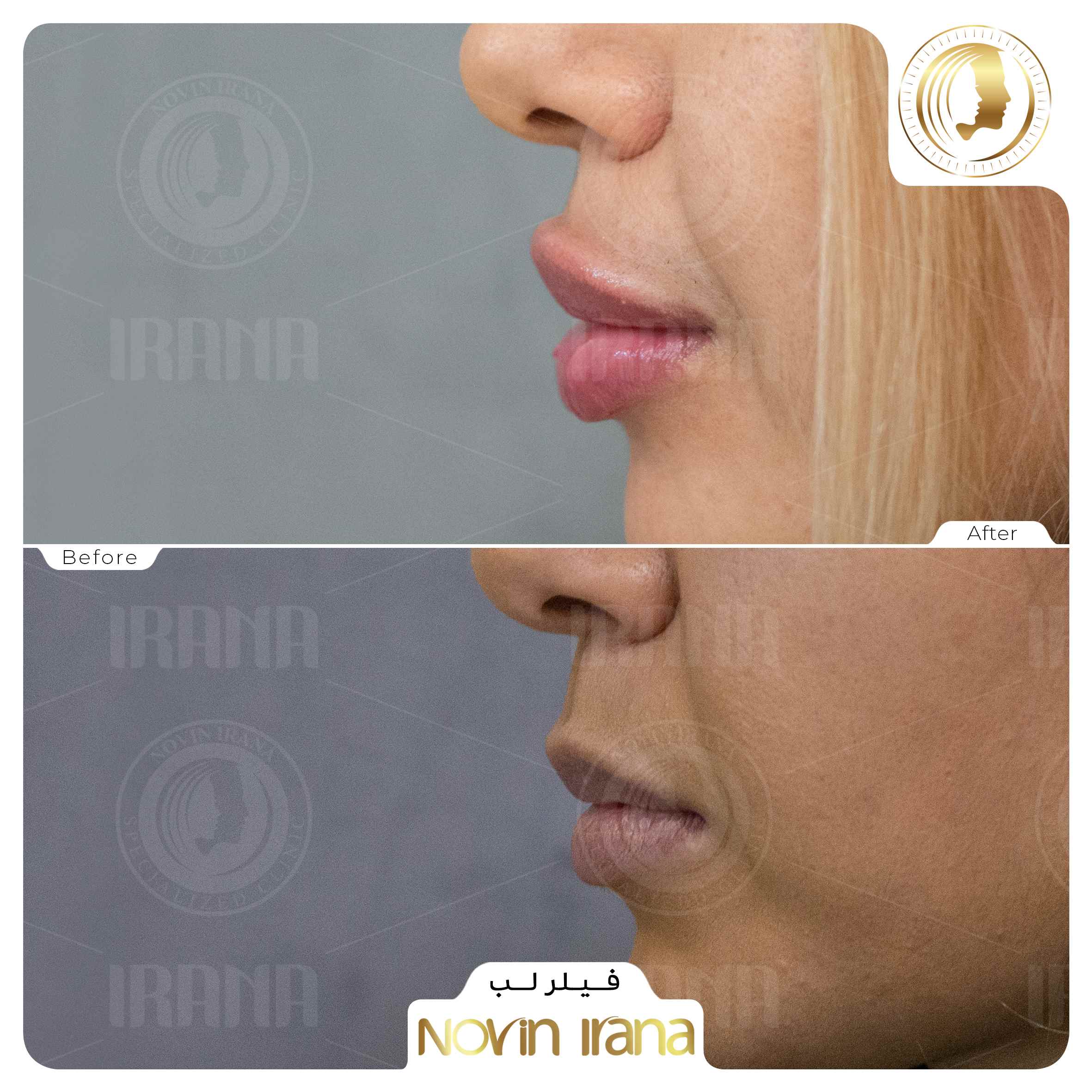
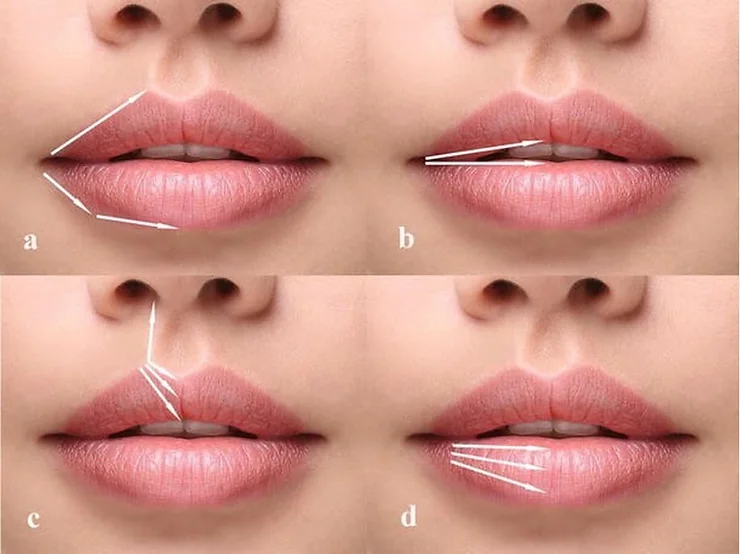
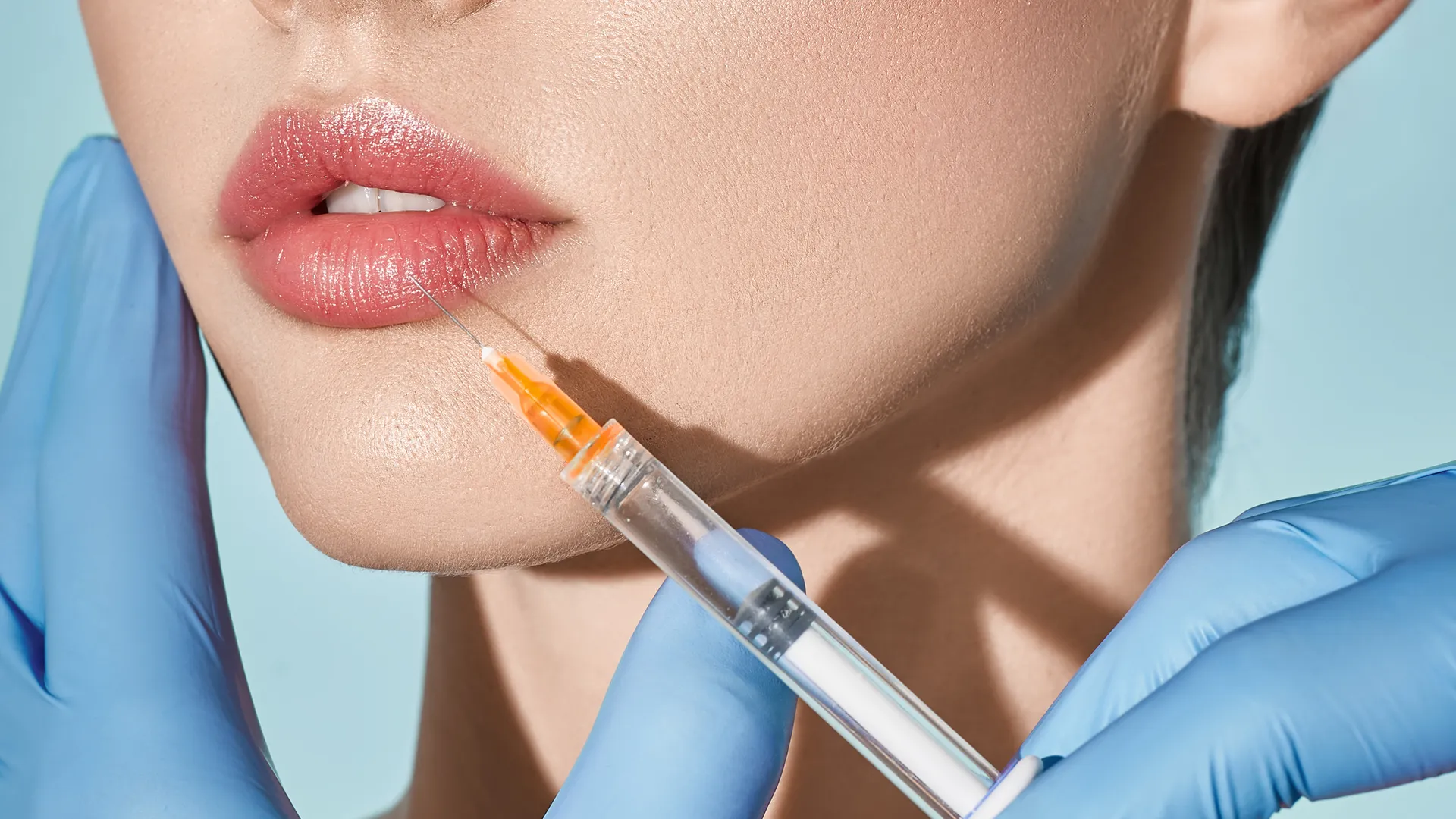
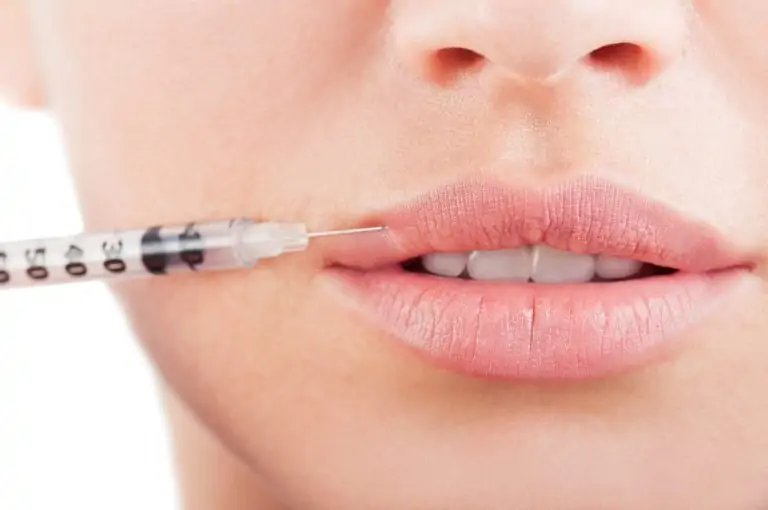
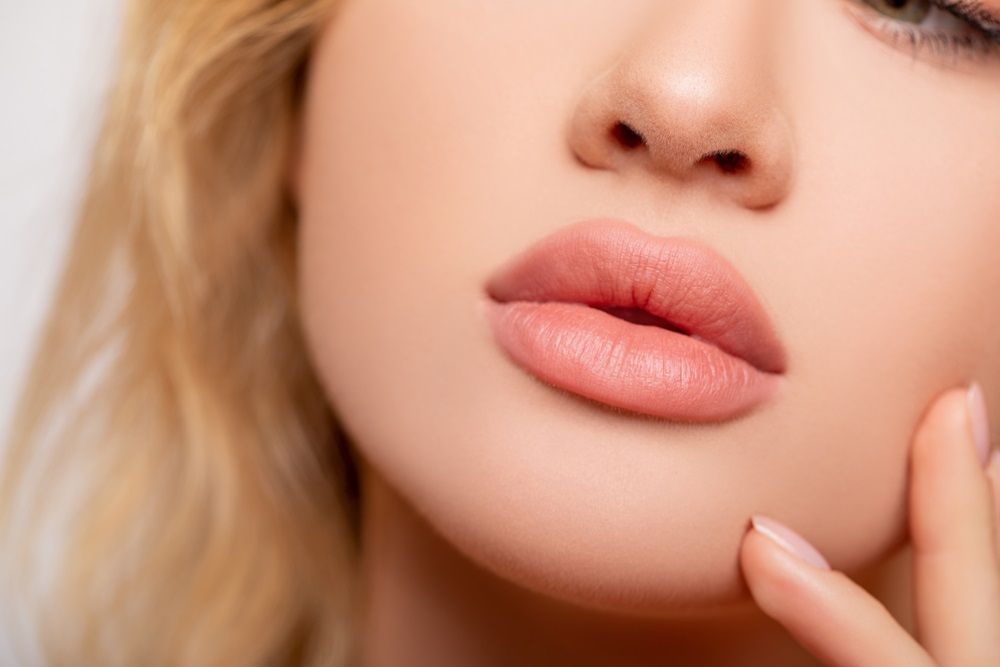
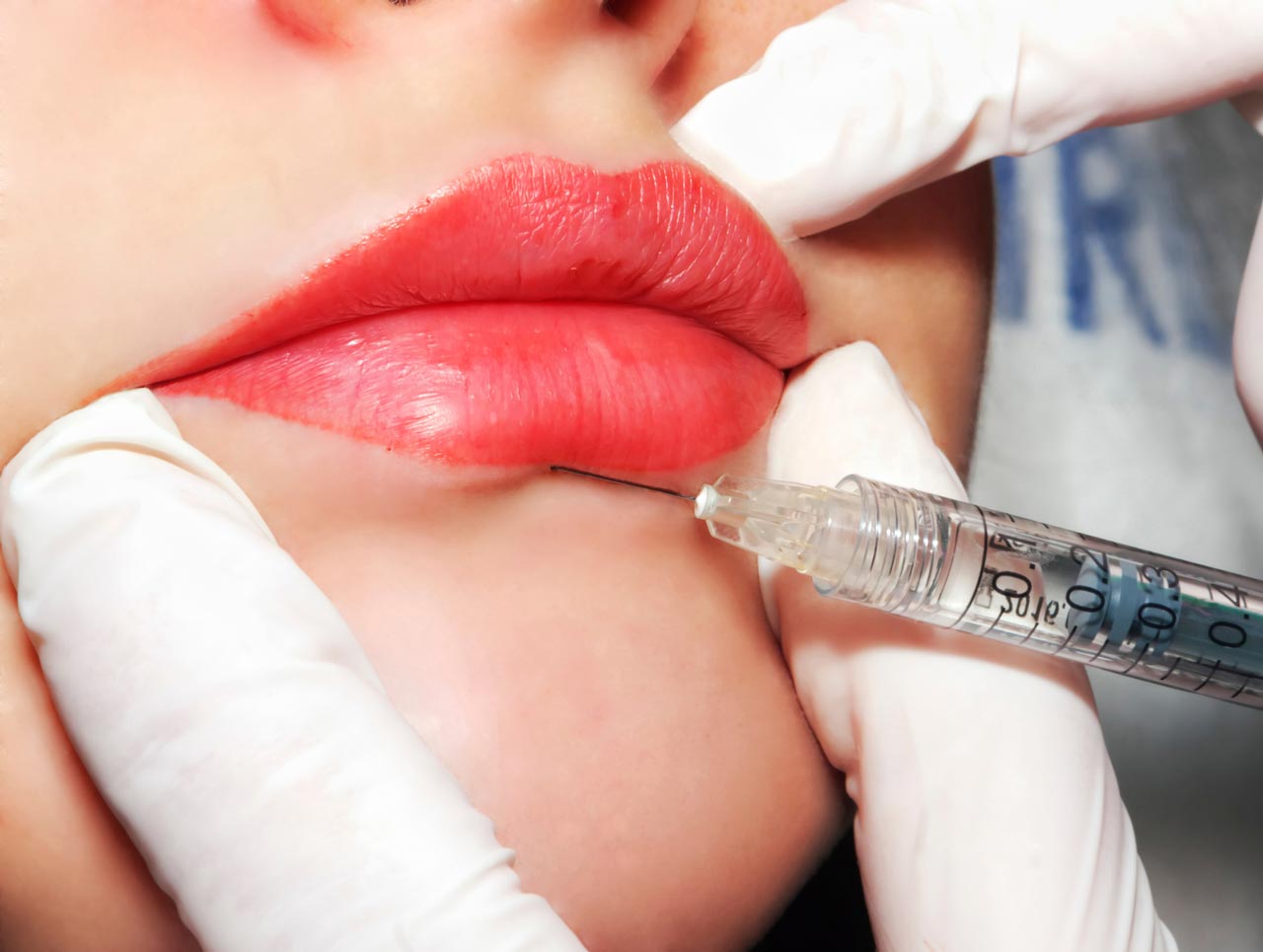
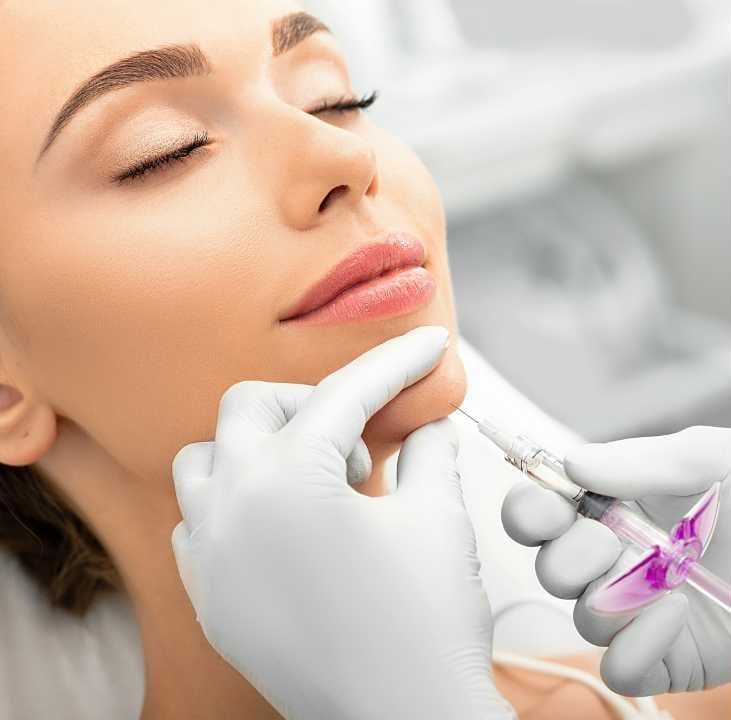
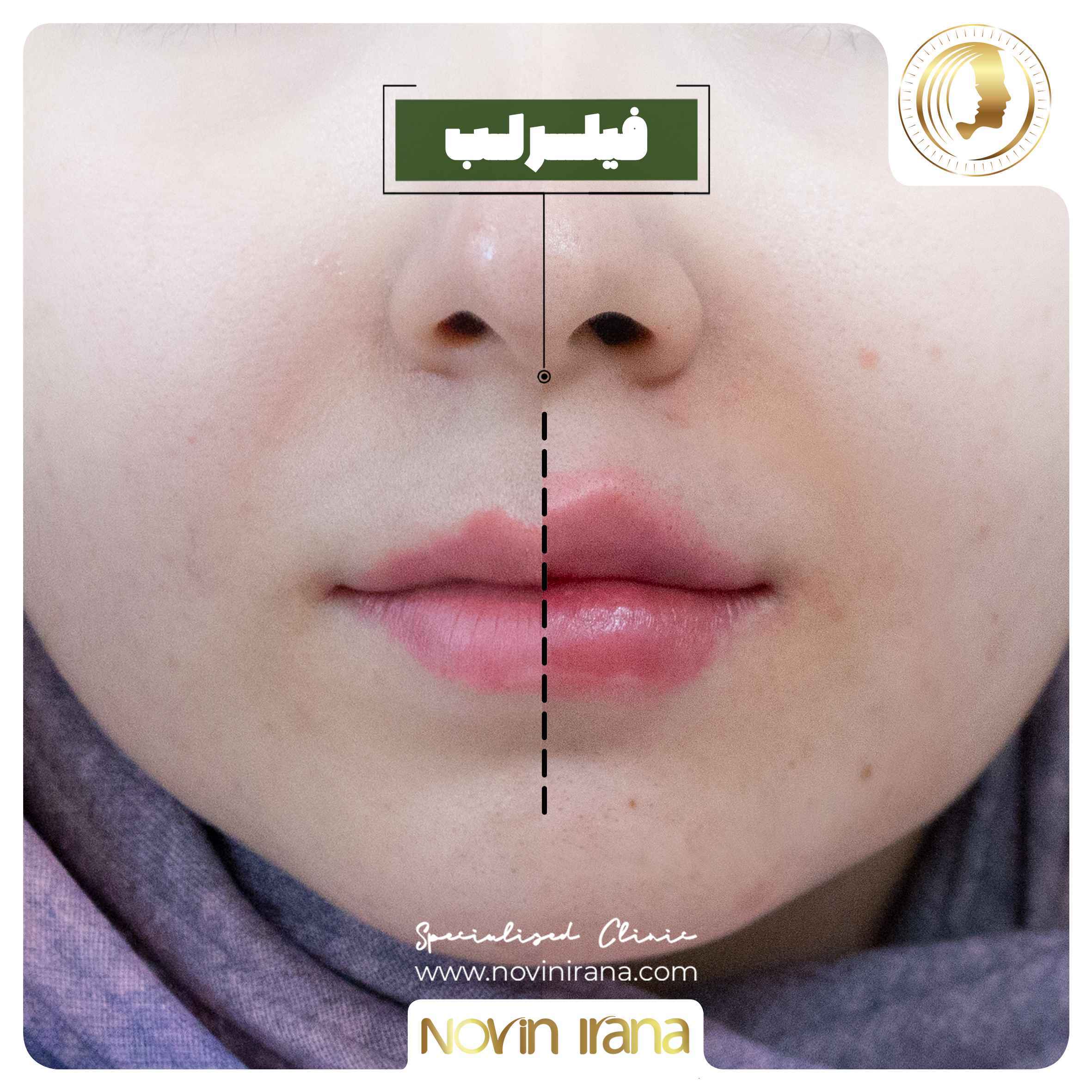
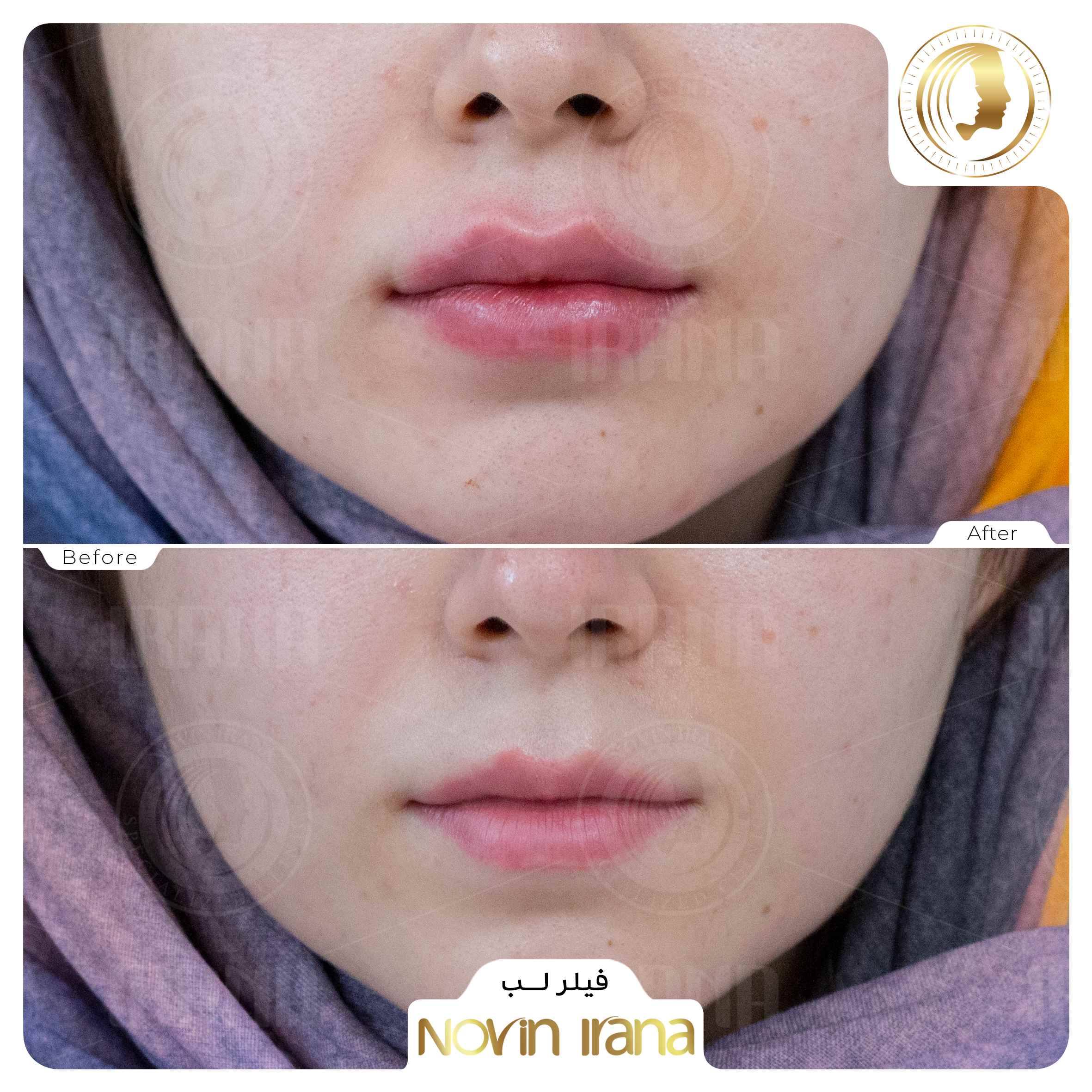
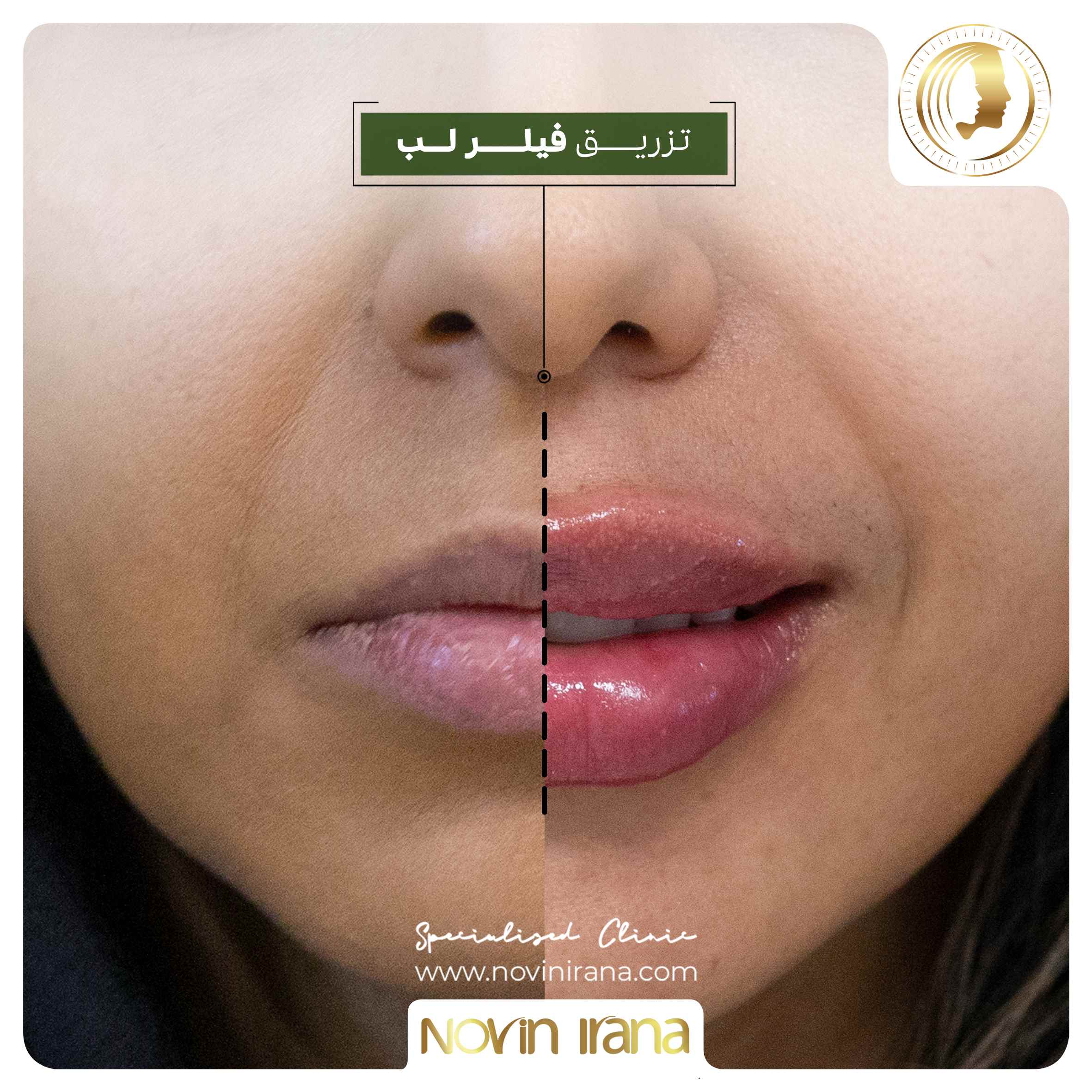
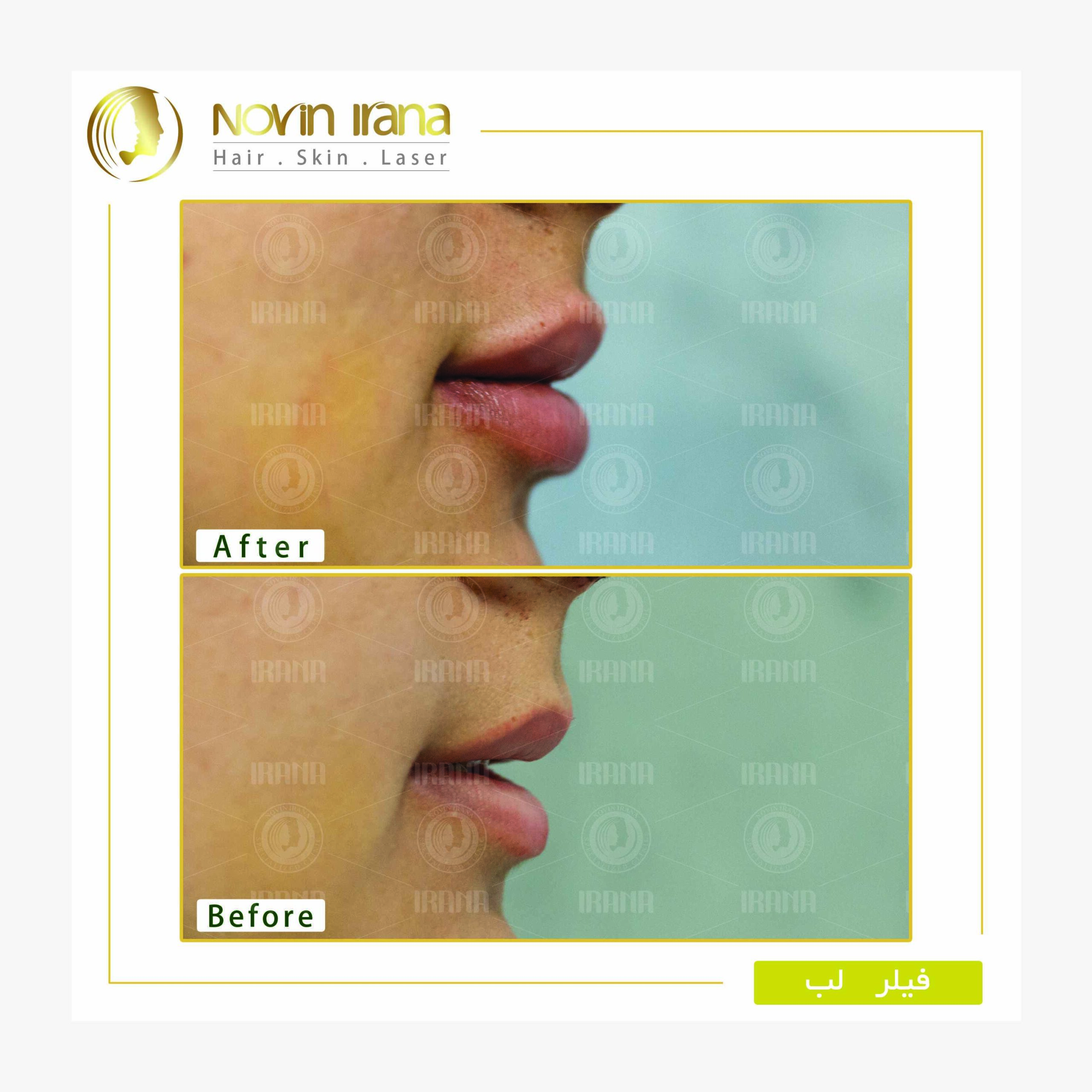
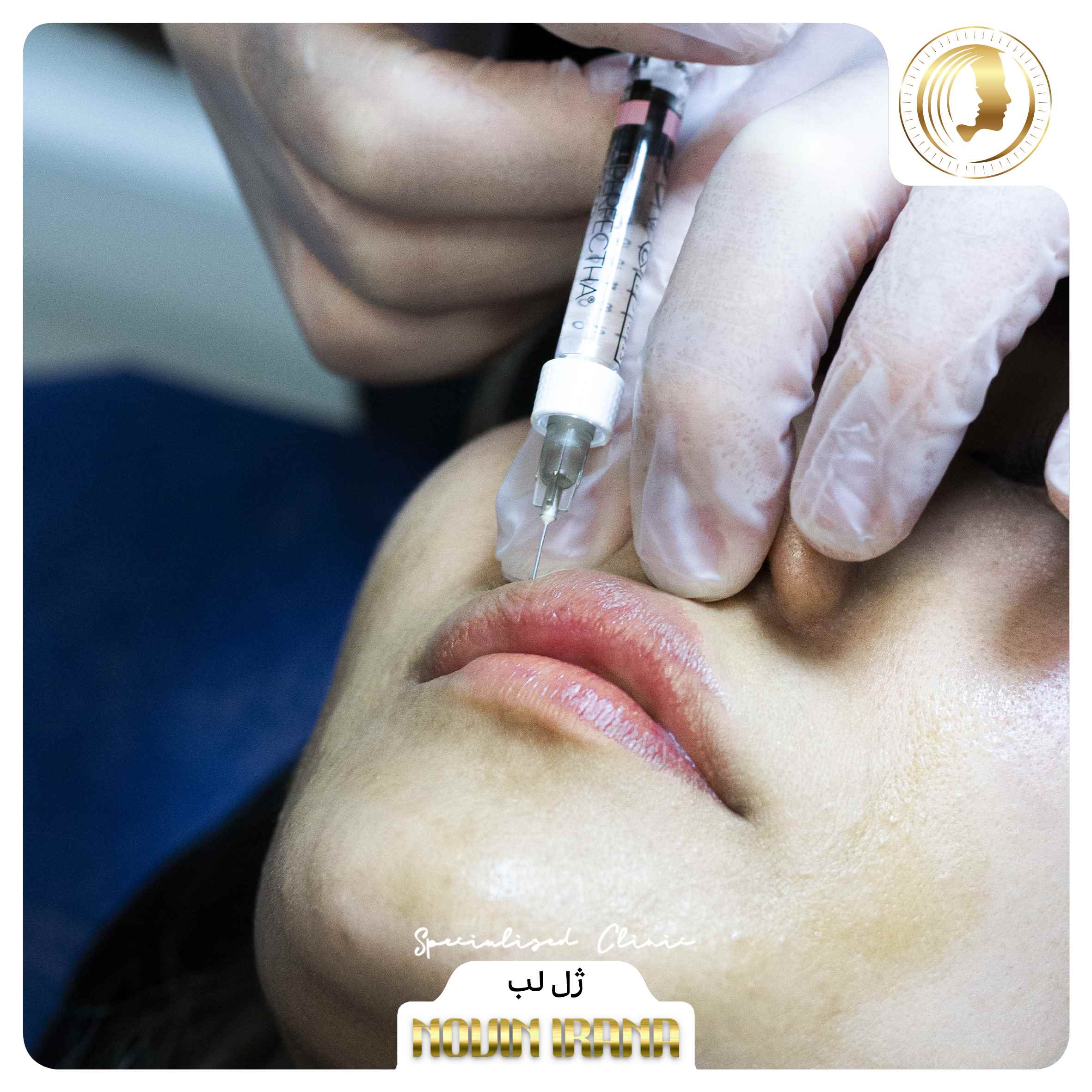
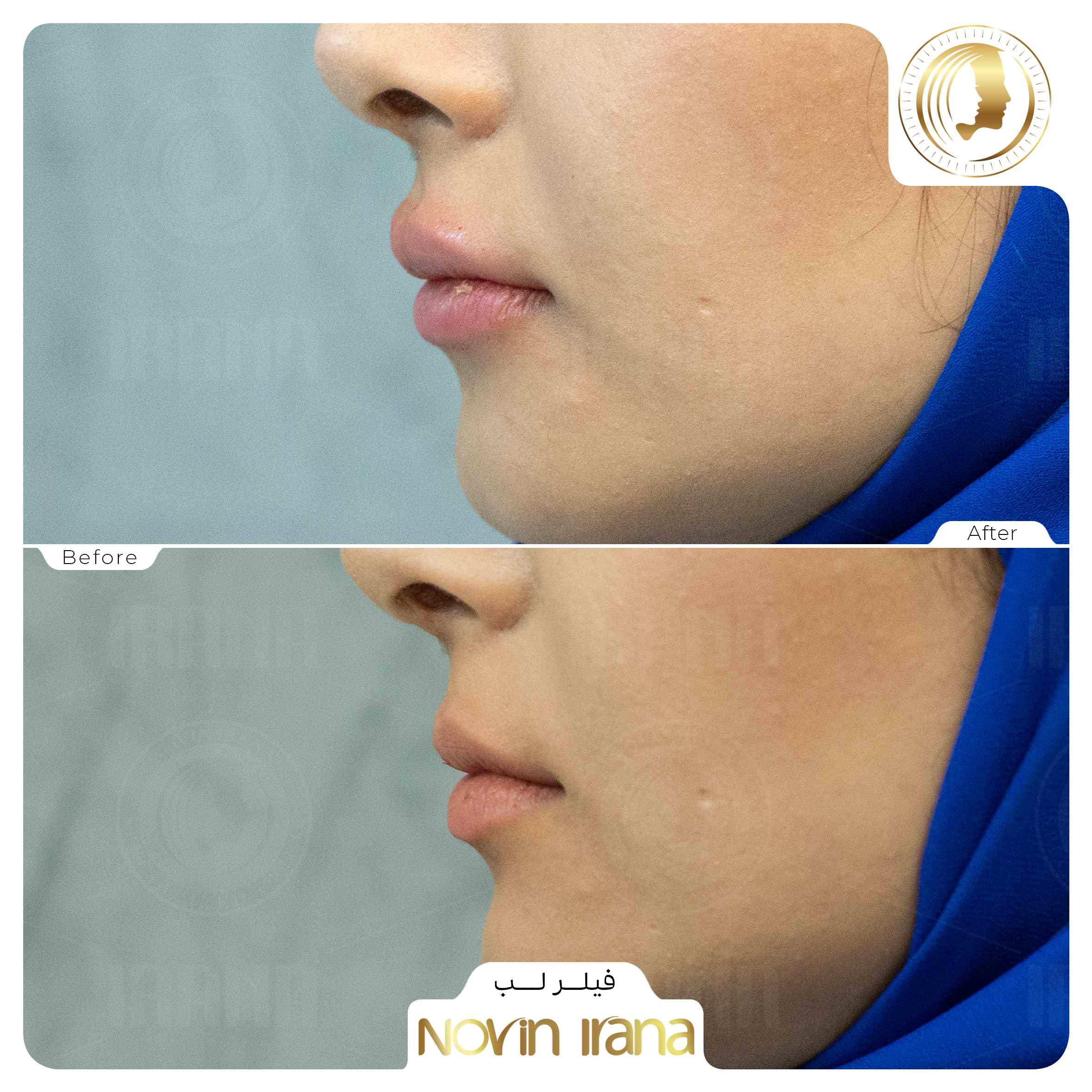



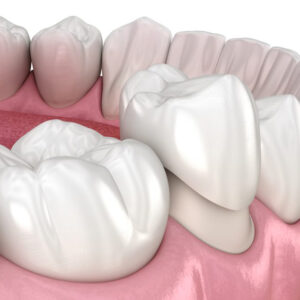



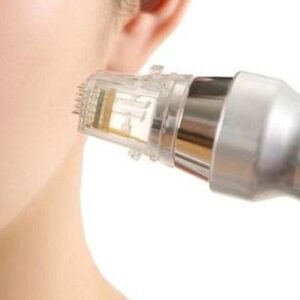
Reviews
There are no reviews yet.